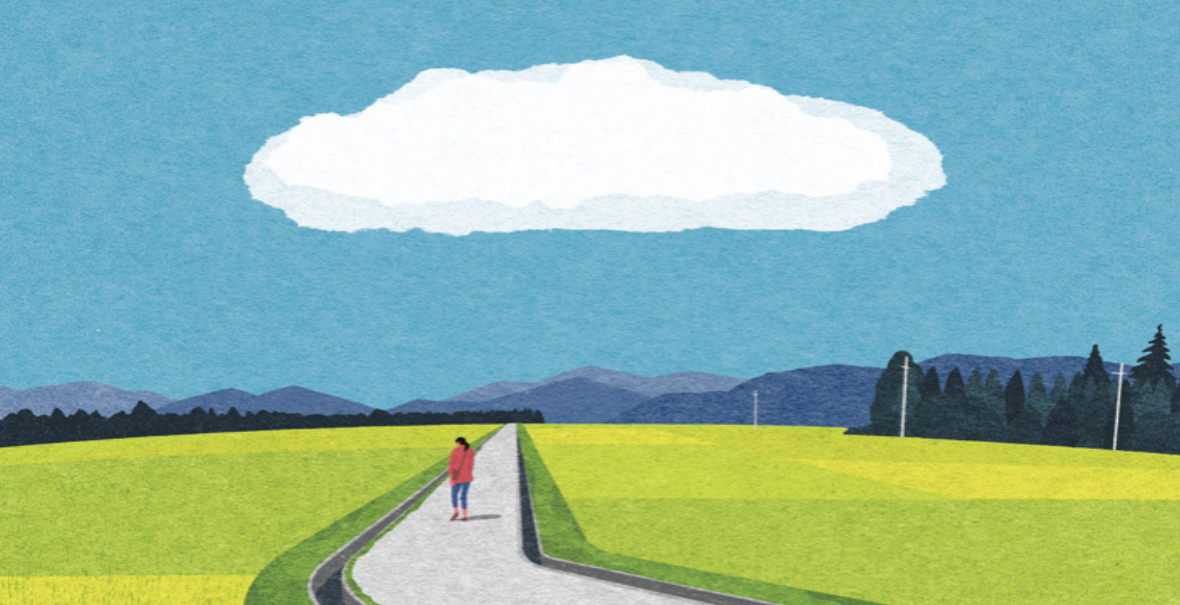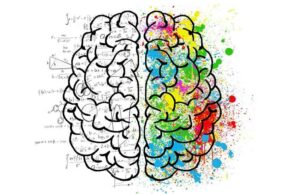The only thing you can do about the unpredictability of the future is to develop a better relationship with uncertainty…

In our current tiring, challenging and chaotic world, people are looking for the best ways to cope or move forward.
Our current chaotic world has a lot to offer by the ancient philosophers who lived and shaped the world in their time.
What is the best way to live? How can we stay calm in turbulent times? What should we do to be resilient? How should we manage our emotions?
The answers to these important questions and more still live in the heart of the ancient wisdom and philosophy presented to us by the ancient philosophers. So what is the secret weapon of these great figures of history?
Ancient philosophy is not an abstract theory, but a practical wisdom whose echoes continue to be heard centuries later.
Instead of panicking in difficult times, we can turn to Socrates, Seneca, Marcus Aurelius, Epictetus, Aristotle, Plato, Kant, Confucius, Nietzsche, and more for answers.
Ancient wisdom can offer us a better world view of life and living in our present world of uncertainty. It is a tool that can help you take a broader view of life, no matter what obstacles lie ahead, because ancient wisdom.
…
1| Today is the most precious day of your life: catch it, don’t miss it and live it now
Seneca, a Roman Stoic philosopher, said, “The greatest obstacle to living is expectations that depend on tomorrow and are lost today.”
If you spend all your time worrying about the unpredictable future or spend every moment preparing for the life you want tomorrow, life becomes a mental and emotional burden.
In his popular book “On The Shortness Of Life”, a 2,000-year-old masterpiece , Seneca wrote:
“I’m not saying we have a short time to live, the real problem at this point is that we’re wasting a lot of it. Life is long enough, I think, and if we’ve made good investments, it’s also generous enough to us for the highest achievements. However, when we waste life in reckless luxury and do no good deeds, we find it difficult to understand how life slips away before we understand how it went, since death is ultimately the final destination. So remember this: we are not given a short lifespan, but we are shortening it and not feeding it enough and wasting it… Life is long enough if you know how to use it.”
Seneca argues that we attach ourselves to our labors and professions and waste our little time on earth. Every second that passes is a heartbeat that you can’t get back. Think about it for a second…
In his book “Meditations” , Marcus Aurelius advises us not to postpone until tomorrow what we can do today, and in his book;
“When you wake up in the morning, think about how privileged it is to live, to think, to enjoy, to love…”
Life is about not knowing, but still seizing the moment and making the most of it. Today is the most precious day of your life, do everything you can to enjoy it. “The first rule is to keep a restless spirit,” Aurelius says.
“The biggest obstacle to living is the expectations that depend on tomorrow and take away the present. The whole future lies in uncertainty: live now.” says Seneca.
Don’t get caught up in your thoughts about the next step or worry about what’s going to happen elsewhere. Invest in the present, be proactive about what you can do tomorrow, and the future will come by itself.
…
2| The capacity to stay calm in difficult times is a psychological superpower
Socrates said, “Your mind is your predicament. He wants to be free to change. He wants to be painlessly freed from the obligations of life and death. But change is the law and nothing can change that fact.”
Also, “We cannot live better because we seek to be better.” he said. Change is a natural law, because no one can stop the evolution of life.
Everything around us is changing. You and I are changing. And this shift is happening with a level of uncertainty that your brain doesn’t like.
The only thing you can do about future unpredictability is to develop a better relationship with uncertainty.
You can overcome difficulties by changing your perspective; by changing your mindset about what uncertainty can and can do to you…
Evaluate what you consume or spend energy on and take a mental inventory to build a better mindset about uncertainty. Try to focus more on the things that bring you joy.
Epictetus, a Greek philosopher and representative of Stoicism (a type of psychological discipline), was right about this:
“People are not bothered by things, but by the views they get.”
A great relationship with uncertainty has never been more important as we are currently living in unusually challenging times…
An honest confrontation with your uncertainty as a race can prepare you for tomorrow and make you wise enough to know the limits of your wisdom.
“If you are suffering from any external factor, it is your judgment of it that is bothering you, not it. And Marcus Aurelius, a Roman emperor and a Stoic philosopher, says, “And now it’s up to you to destroy that judgment .”
Marcus Aurelius also said, “Never let the future bother you. If necessary, you will encounter the same weapons of reason that armed you today against the present.” says.
No one knows how things will turn out, but people who have learned how to move forward despite life’s challenges are still living and playing the game by the rules.
The less clarity you constantly seek about the future that you cannot control, the more wonderful things will begin to appear in your life.
Much of people’s pain and suffering comes from trying to control things that are out of their control. The ancient Greeks and Roman Stoics understood this years ago.
The future is always uncertain; it’s just that we’re more aware of it right now.
We want to know that everything will be alright today, right now, tomorrow. But the future offers no guarantees to anyone.
If you are anxiously awaiting each day, see if things are going as you hoped, today’s many blessings; For example, you miss the happiness of living right away.
All you can do is control what’s within your power and make the most of it.
“You have a power over your mind; but not on external events. Realize that, and you will find strength.” says Marcus Aurelius
Life is full of uncertainties, not just a pandemic. While many things are out of your control, your mindset is key to coping in turbulent and difficult times.
Epictetus presents us with the basic idea of focusing on actions and experiences within your control…
Epictetus advises us to constantly break down our immediate worries: things you can control and things you can’t.
You do not have control over global events, but you can control your immediate surroundings, your physical exercises, routines, habits and behaviors that can prepare you for improvement despite what you see and hear. When things get out of control, a structured routine can keep you in sync and adapt to life.
French philosopher René Descartes said, “Conquer yourself, not the world” .
It is an indisputable fact that tomorrow will be challenges and uncertainties, but the important thing is how you deal with them. Happiness and emotional strength to survive turbulent times comes from learning how not to do it, rather than learning how to control everything.
Thomas Oppong














